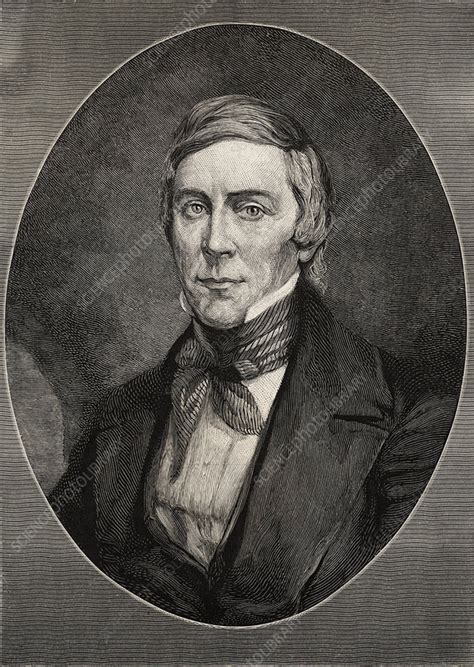A Quote by Patricia Arquette
There are so many issues that impact women. When we talk about prison reform, for example, women were [once] sterilized in women's prisons. When they were giving birth, they were asked to sign paperwork but they weren't even completely conscious of what they were signing. That sounds like something that would never happen in America, but it was happening, not just in America, but in [California], one of the most progressive states in the United States.
Quote Topics
About
America
Asked
Birth
California
Conscious
Even
Example
For Example
Giving
Giving Birth
Happen
Happening
Impact
Issues
Just
Like
Like Something
Many
Most
Never
Once
Paperwork
Prison
Prison Reform
Prisons
Progressive
Reform
Sign
Signing
Something
Sounds
States
Talk
United
United States
Were
Women
Would
Related Quotes
It just struck me as really odd that there were all of these conversations going on about what young women were up to. Were young women having too much sex? Were young women politically apathetic? Are young women socially engaged or not? And whenever these conversations were happening, they were mostly happening by older women and by older feminists. And maybe there would be a younger woman quoted every once in a while, but we weren't really a central part of that conversation. We weren't really being allowed to speak on our own behalf.
When birth control pills were available in Europe but not in the United States, American women created an uproar about how the unwillingness to make the pill available showed a contempt for the lives of women. When the Food and Drug Administration (FDA) released birth control pills with high dosages of hormones that were later found to be unnecessarily high, they were attacked for not caring about women enough to do the necessary tests.
We don't like to talk about that in America, but there are classes in America. And she [Julia Child] was of a class of women who were wealthy, privately educated, went to Smith, moved in that sort of circle. She was conscripted into the OSS, which is the early CIA, which was all filled with Yalies and Princeton and Harvard people and a few women who were typing mostly but also had something to do.
I was a young feminist in the '70s. Feminism saved my life. It gave me a life. But I saw how so much of what people were saying was not matching up with what they were doing. For example, we were talking about sister solidarity, and women were putting each other down. We were talking about standing up for our rights, and women weren't leaving abusive relationships with men. There were just so many disconnects.
Here in the United States, a study of nearly 700 women in California showed an increased risk of fetal death among babies whose mothers lived near crops when certain pesticides were sprayed. The largest risks were found among pregnant women exposed during the critical first trimester and among those who lived in the same square mile where pesticides were used.
We're doing quite well in some states, but there are states that you can't - I mean, it's just ridiculous the representation of women, and having been an advocate for women, lobbied in many states as well as here at the national level for women. People behave differently when there are women at the table, men do. Our issues get higher prominence. We're taken more seriously.
In the 1880s, women were decades away from earning the right to vote. Few owned property - if they were even permitted to do so. In addition to childcare obligations, many toiled in work that was either underpaid or not paid at all. Essentially, the gears of progress for women were moving slowly in just about every arena of life.
I started a writing class, not in service of writing a script or writing anything specific. I've just really been enjoying that, and oddly the group, not by design, but it just happened to be all women, and there were three women who gave birth this fall while we were all in class, and there's just something really great about getting to know these women through their stories and what they're writing about.
Men: Stand in solidarity with women. Women, if you were born female, you were born on a battlefield. You will be punished for even saying that out loud, but the grim truth is you're going to be punished no matter what for the 'sin' of being female. Battering is the most commonly committed violent crime in the United States. That's a man beating a woman. Globally, half of all women will experience life-threatening violence from a man. Half. That's more hatred than I can comprehend. Right now, that battlefield is such a slaughter that we can't even collect our wounded.



































